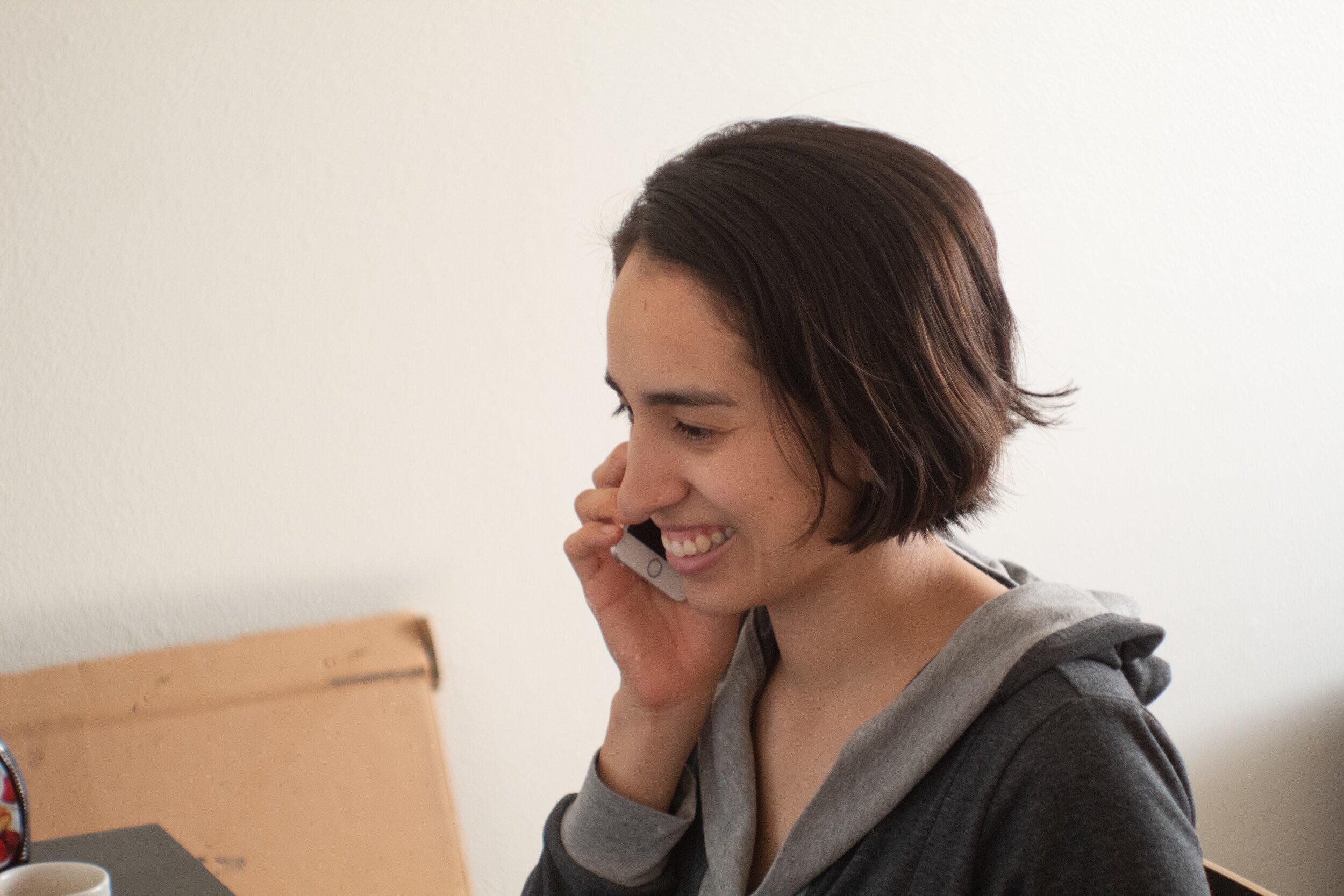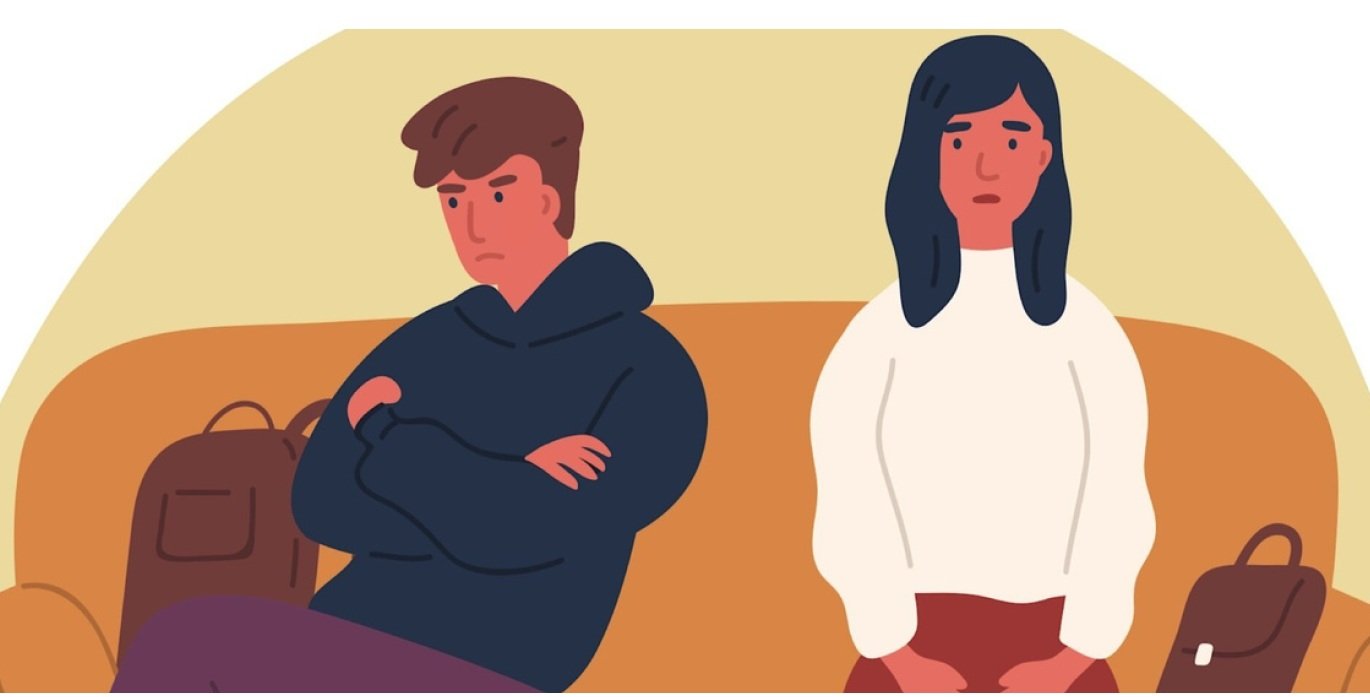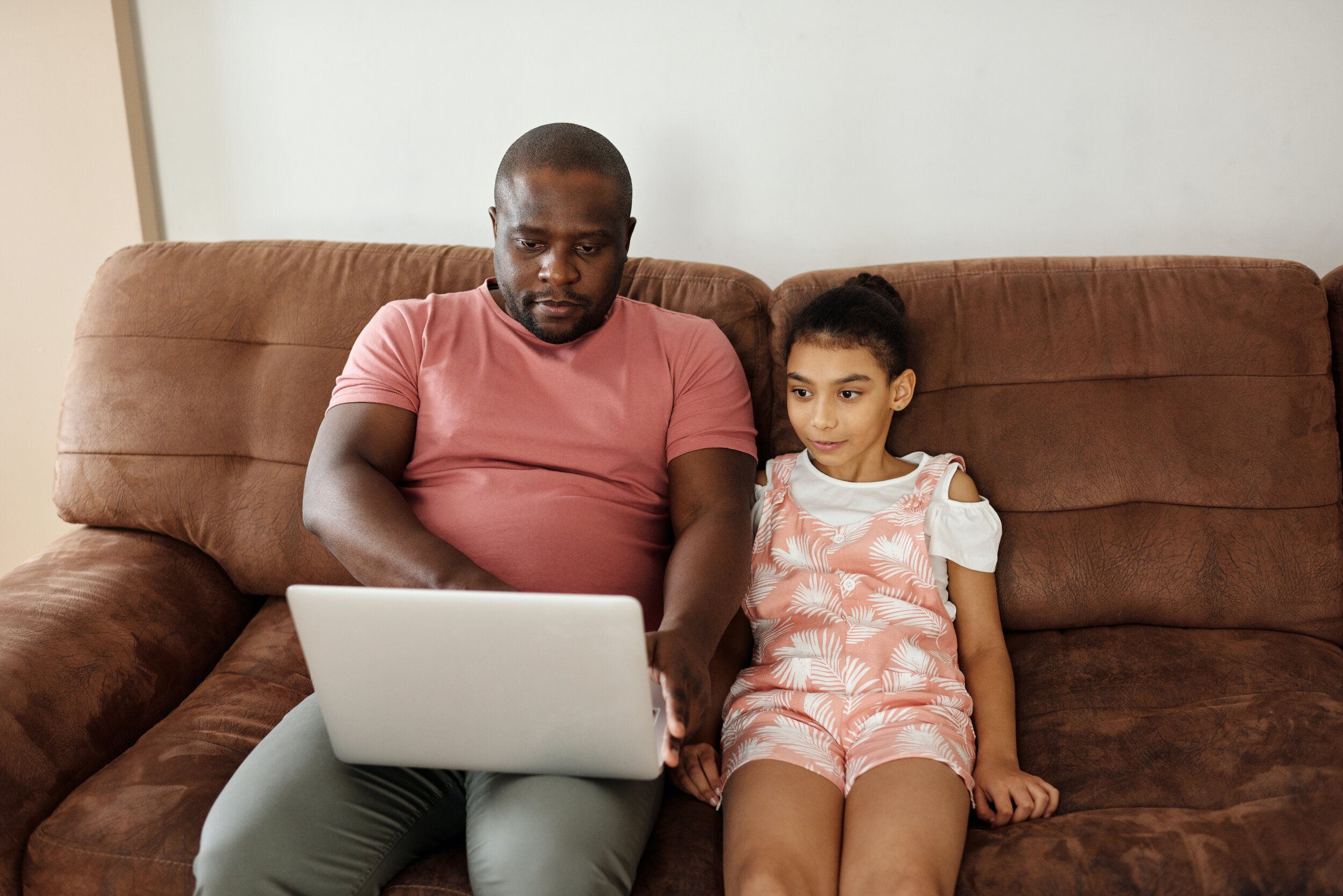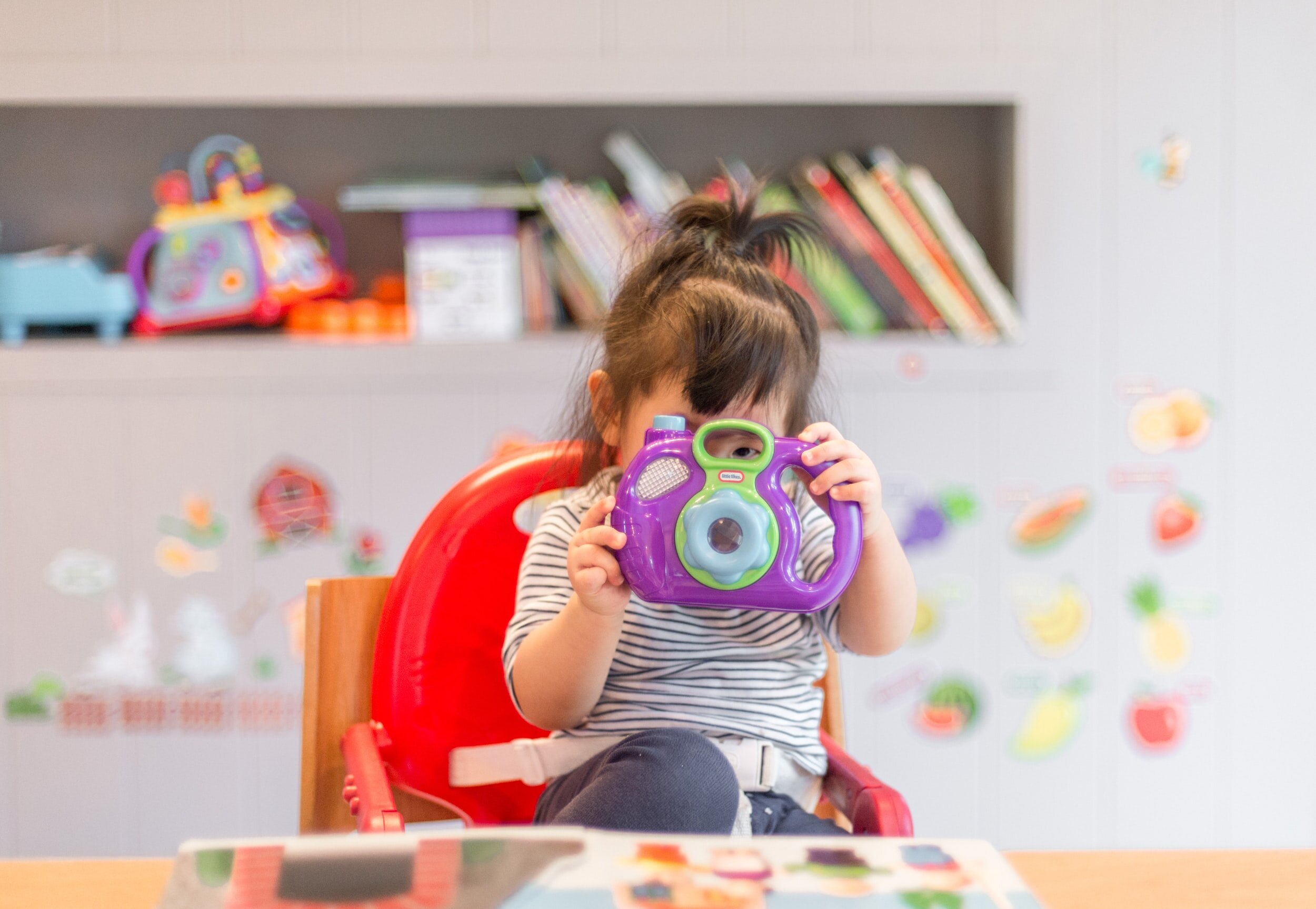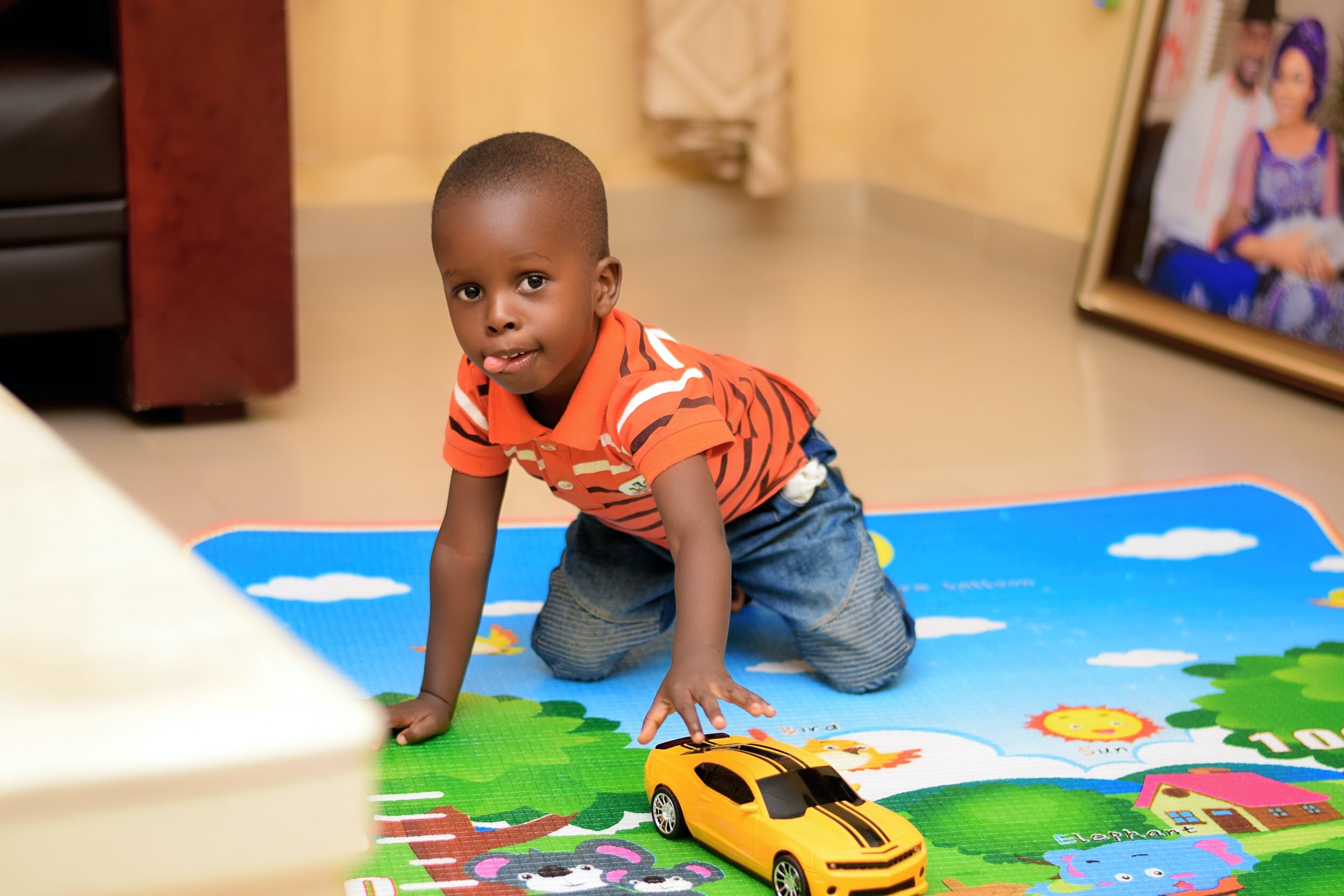Every child is different and so is every provider. Finding the right help for your child is going to be a journey, and there might not be an easy or fast answer. That’s why we’ve created this guide to help empower you with the information you need to make that journey just a little easier.
Most mental health services like therapy or medication management are paid for with insurance. Contact your insurance company to learn about what behavioral health treatment benefits are available to you and your child. Each insurance company has a list on its website, and there is also a number on the back of your insurance card where you can get help finding out about your child’s benefits.
Begin to get help by speaking with someone you trust or whom you already have a good relationship with. Some families prefer to see what help might be available at their child’s school, at the pediatrician’s office, or through a local community organization. Many times parents ask other parents about their experiences with local providers. It’s a good idea to make a list of a few options for support, because some might have a long wait or might not be a good fit.
Some kids’ mental health organizations work with specific communities and cultures, like Black or Latino families, or they can help with certain problems, like substance use or family violence. Look for ones that fit your family’s needs.
What do you mean it’s going to be a journey?
You are trying to get help for your child. Finding and accessing mental health care and treatment is not always as easy as any of us would like it to be. We know that this is especially the case for communities of color, the LGBTQ+ community, and families with financial challenges, who are often unfairly labeled, dismissed, or blamed. Many people are working to establish a true system of behavioral health care, one with no-wrong-door to enter and real-time access, but it’s important to acknowledge that these challenges exist.
Mental health organizations are often under-resourced, without enough staff to address needs when they come up, which may lead to delays in accessing treatment. This is especially frustrating to parents when they are trying to find help for their child. What this means is that the system may not give you its best unless you demand its best. You may need to call more than once to get through to the right person. You may need to wait longer than you’d like for an appointment. You may need to say, ‘Slow down, that doesn’t make sense to me.’ You may need to say, ‘This isn’t working for my child, what other options are there?’
What you need to know is that you have a right to ask questions, ask for options, and push for care that works well for your family. These organizations exist to help your child. Your role as a parent is to make your and your child’s needs clear.
What if the issues are only happening at school?
If you’re noticing behavior that is out of the ordinary for your child but is mainly only occurring at school, or if you notice that your child might be having difficulty learning, the best place to start is with your child’s teacher. If you do not feel that you are getting the support you need from your child’s teacher, you can raise the issue within the school to any administrator (someone in the “central office”). You can also reach out to the guidance staff or any family support staff for the school that can help point you in the right direction (take a look at your school’s directory).
If you feel your child needs extra help, then you can talk with your school about accommodations that they have for all learners who are struggling academically or with their social and emotional health or regulation. The school should have some good ideas about how to ensure your child is successful in their learning. You can help brainstorm with your school about whether a behavior plan, some emotional supports, or some other intervention can help your child.
If you feel your child is being bullied or has some other social situation which is affecting their behavior or their mental health you should contact your school immediately. You can find more information here.
If you believe that your child may need special education services because your child is experiencing a barrier to their ability to learn, then you should contact the school and request a special education evaluation. You do not need to meet any threshold to request an evaluation of your child. The school will respond to you and conduct such an evaluation. You will then meet with the school and discuss whether your child is eligible for services. If your child is not eligible for special education services, you can still speak with the school about how to support your individual child and ensure that your child is getting what they need to be a successful and stable student.



